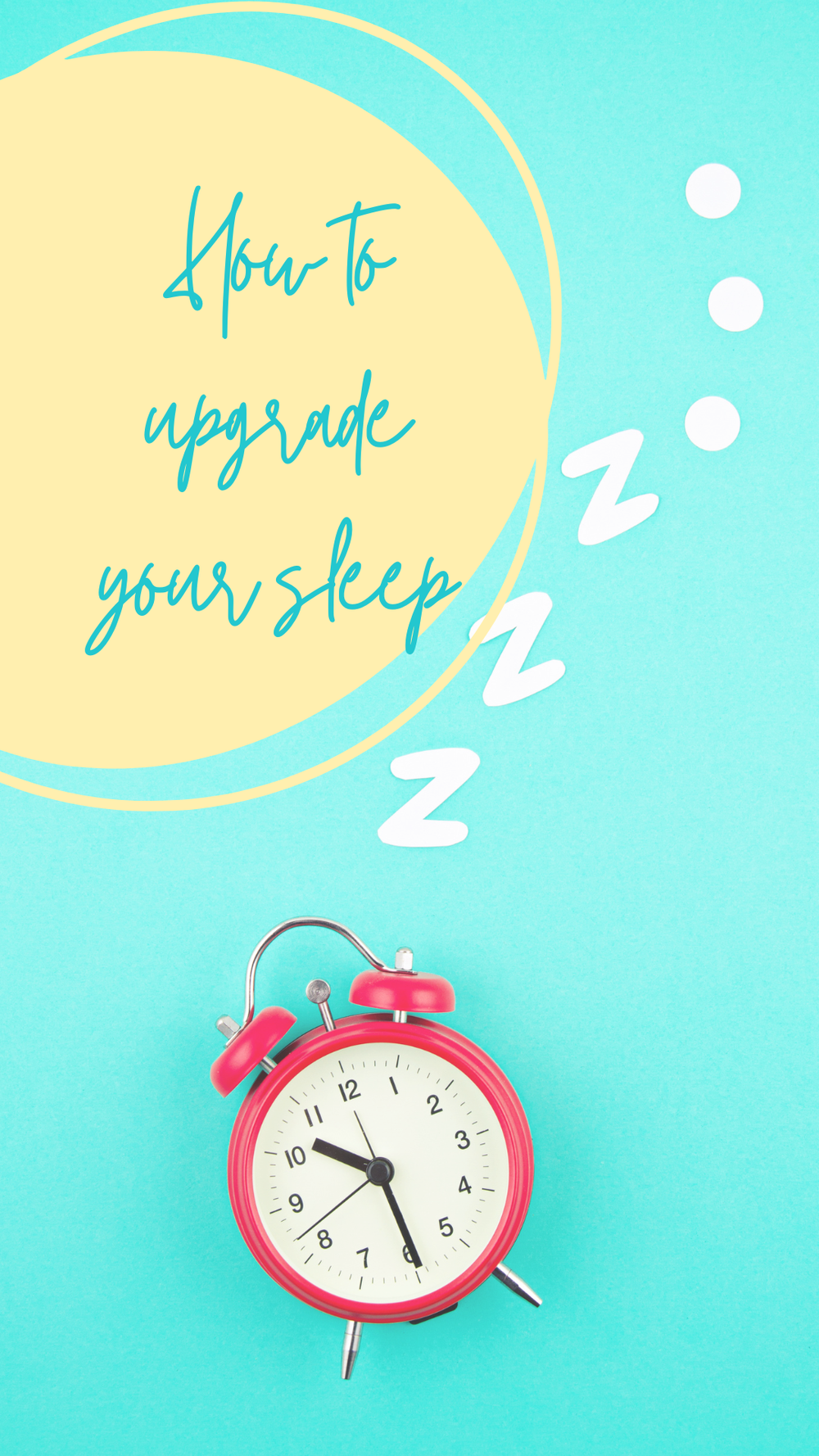How to upgrade your sleep (Part I)
If you haven't done so already, check out my last post on sleep here; it talks about the importance of sleep, but how many people write it off as a "less than" health concern as compared to their potential issues with pooping or losing weight. But the truth of the matter is that sleep is at the crux of any and all health-related concerns.
Truly, without sleep, we are just: without...
As a naturopathic doctor, it is my job to understand why something is happening; why somebody is experiencing the symptoms that he or she does, rather than place a bandaid on every manifestation I see, otherwise known as a "symptom." That's right: issues with sleep are a symptom of another concern. Although everybody's needs are individual and unique, I can speak to and give suggestions on what I commonly see walk into my office.
The biggest elephant in the room when it comes to sleep disturbance: Blood Sugar Dysregulation
And no, you don't have to have an already diagnosed condition (i.e. metabolic syndrome or diabetes) to have concerns with your blood sugar. These things don't crop up overnight after all, so do consider if any of this resonates with you that if you don't right the ship now, you can potentially develop these conditions further on down the road.
Consider if you have blood sugar dysregulation if you ever experience the following:
1. Insomnia that causes you to wake in the middle of the night with difficulty falling back to sleep
2. 'Hangry' that feeling you get of short-temperedness due to possible hunger/extended period of not eating
3. Abrupt racing heart/palpitations accompanied by potential dizziness or lightheadedness
4. Bursts of energy after eating, but then a sudden and equal crash
You're probably wondering what this has to do with sleep? Well, the truth is, if you're experiencing blood sugar crashes during the day, you're likely experiencing them at night while you're sleeping, too. This is significant especially because if you're one of those people who finds themselves without difficulty falling asleep but wide awake about 3AM with no return to sleep in sight, you just experienced what it feels like for your body to let you know your blood sugar dropped.
Even though you're sleeping at night time, this doesn't mean your body is sleeping, too, it still needs to continue on its normal functions; it's still very much trying to keep you alive. One way it does this is with adequate fuel/energy which we extract in the form of glucose for our food, most especially carbohydrates.
If this sounds like you, consider eating a piece of protein (i.e. slices of turkey or chicken breast) or a resistant starch such as cooked and cooled potatoes or rice, before bed. Yep, you read that right. I'm telling you to eat a little bit right before you go to bed. This protein or complex carbohydrate will help to fuel your body throughout the evening so that you don't experience that dip in sugar enough to wake you up. You may find this doesn't work immediately, everything takes some time, so do consider eating a piece of the turkey or chicken should you wake up in the middle of the night, it will help to soothe you back to sleep.
Alternatively, you can take a teaspoon of honey before you go to bed. Sure, this is sugar, but it is seen in a more complex way by the body, allowing it to be broken down much sloooower than white sugar would be. Also, the body it's capable of converting honey down into melatonin - yes, THAT melatonin.

